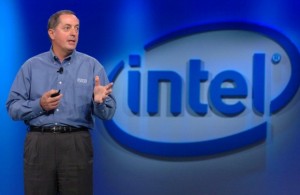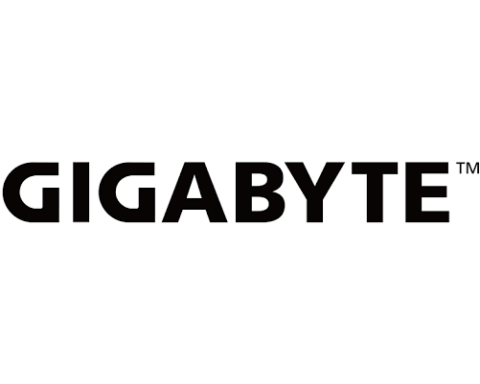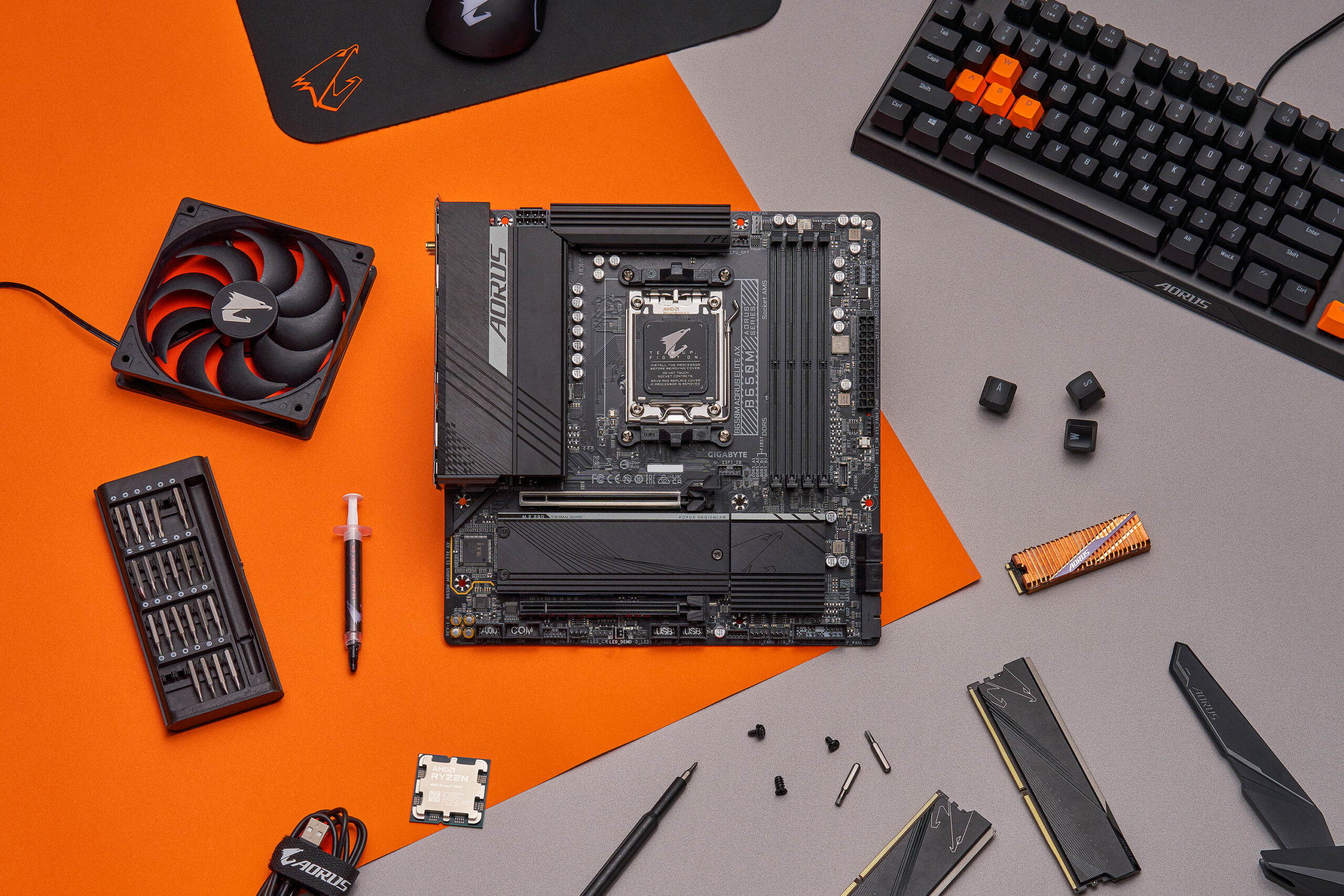SAN FRANCISCO: Intel CEO Paul Otellini received a pay package valued at $18.9 million last year as he prepared to retire, bowing out from a challenge posed by the growing popularity of mobile devices that have curtailed the demand for the company’s personal computer chips.
The amount disclosed in a Wednesday regulatory filing represents a 10 percent increase from Otellini’s total compensation in 2011, based on a formula used by The Associated Press.
The uptick stemmed from the size of the Intel stock awards and options that Otellini got last year. Those could end up being worth more or less than the company’s estimated values, depending on how Intel’s recently slumping stock fares in the future.
Intel’s board wasn’t entirely satisfied with Otellini’s performance last year. To reflect its disappointment, the board’s compensation committee trimmed the cash portion of Otellini’s incentive pay by 19 percent from the previous year to $5.23 million.
Although Intel’s board says it wanted him to remain CEO, Otellini announced late last year that he will retire at the company’s annual meeting this year. The board plans to name Otellini’s successor before the May 16 meeting, which will be held at Intel’s Santa Clara, California headquarters.
The change in command comes at a critical time for Intel. After thriving for decades as the dominant seller of PC microprocessors, Intel is scrambling to prove it can make chips that work well on smartphones and tablet computers.
Qualcomm and other chip makers have gotten the upper hand in the mobile-device market so far, undercutting Intel’s financial performance and standing among investors. Last year, both Intel’s earnings and stock price fell by 15 percent from 2011.
Intel’s stock fell 40 cents to $21.06 in Wednesday afternoon trading. The shares have fallen by 18 percent since Otellini was promoted to CEO in May 2005.
Otellini, 62, had been expected to remain Intel’s CEO until 2016 before springing his decision to end his 38-year career at the company.
Most of Otellini’s 2012 compensation package consisted of stock awards and options valued at $11.9 million, up from $9.1 million from the previous year. Intel raised his salary by 9 percent last year to $1.2 million. The rest of his compensation consisted of more than $523,000 to cover contributions to his retirement and deferred compensation plans, financial planning expenses and a new security system for his home.
Otellini also reaped a $16.1 million gain from exercising 1.9 million of Intel stock options issued to him before 2012, according to Wednesday’s filing with the Securities and Exchange Commission. That windfall isn’t included in the calculation of last year’s compensation package.
The Associated Press’ formula for executive compensation takes into account salary, bonuses, perks, above-market interest the company pays on deferred compensation and the estimated value of stock and stock options awarded during the year. The AP formula does not count changes in the present value of pension benefits, which makes the AP total slightly different in most cases from the total reported by companies to the SEC.
The values that companies assign for executive’s stock and option awards are based on estimates on what the awards are expected to be worth over time.
Source-Times Of india





